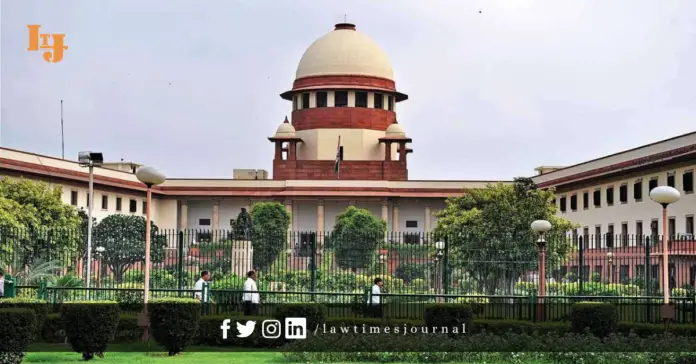
A former judge of Karnataka High Court has approached the Supreme Court for a direction to Tihar jail authorities here to give an option to four death row convicts in the Nirbhaya case to offer their bodies for medical research and donate their organs as atonement for their offence and to save lives of others.
Prior Facts:
The 23-year-old physiotherapy intern, who came to be known as “Nirbhaya” (the fearless), was gang-raped and savagely assaulted on the night of December 16, 2012, in a moving bus in South Delhi. She died of her injuries a fortnight later in a Singapore hospital. Six people — Mukesh, Vinay, Akshay, Pawan, Ram Singh and a juvenile — were named as accused. The trial of the five adult men began in a special fast-track court in March 2013. The prime accused, Ram Singh, allegedly committed suicide by hanging himself in Tihar jail days after the trial began.The juvenile, who was said to be the most brutal of the attackers, was put in a correctional home for three years. Mukesh, Vinay, Akshay and Pawan were convicted and sentenced to death in September 2013.
Key Features:
- The plea has been moved by retired Bombay High Court judge Michel F Saldanha along with Advocate Dilraj Rohit Sequira and the President of Mangalore chapter of the People’s Union for Civil Liberties (PUCL).
- The petitioners have pointed out that given there is an acute shortage of vital organs in India, not only for donation purposes but also for research.
- A major reason for the same is the lack of concrete policies regarding organ donation in India, save for it being a voluntary exercise.
- It is further submitted that these issues could be redressed with by adopting sound policies on organ donation, at least to the extent of granting death row convicts the option to donate their organs and by laying down a procedure for the retrieval of such organs after their execution. It is pointed out that such a policy “will not result in any prejudice.”
- The PIL petitioners pointed out that, “the prisoners who have been convicted for death penalty, ought to be granted an opportunity for their organs to be donated after their execution and for their bodies to be used for medical research purposes as desirable by medical and educational institutions. Such an option for death convicts would render them to create a positive impact even after their death, apart from helping a person in need of a vital organ via transplantation”.
- In this backdrop the petition has urged the Supreme Court to consider the broader issues of like allowing death penalty prisoners to make living donations if they are willing and healthy, regardless of the cause of death, dead prisoners should be able to donate, proper approaches with envisaged safeguards to protect the rights of everyone involved and a panel to decide the authenticity of donations made by death penalty convicts.
- To this end the petitioners have also prayed that the Supreme Court issue directions for the Government to make amendments to the Prison Rules to provide for a procedure to be following for organ donation after execution of death row convicts.
Edited by J. Madonna Jephi
Approved & Published – Sakshi Raje
Reference:
- Case of Michel F. Saldanha (Justice Retd.) vs. Union of India, PIL petition filled in the Supreme Court of India on February 17, 2020.








